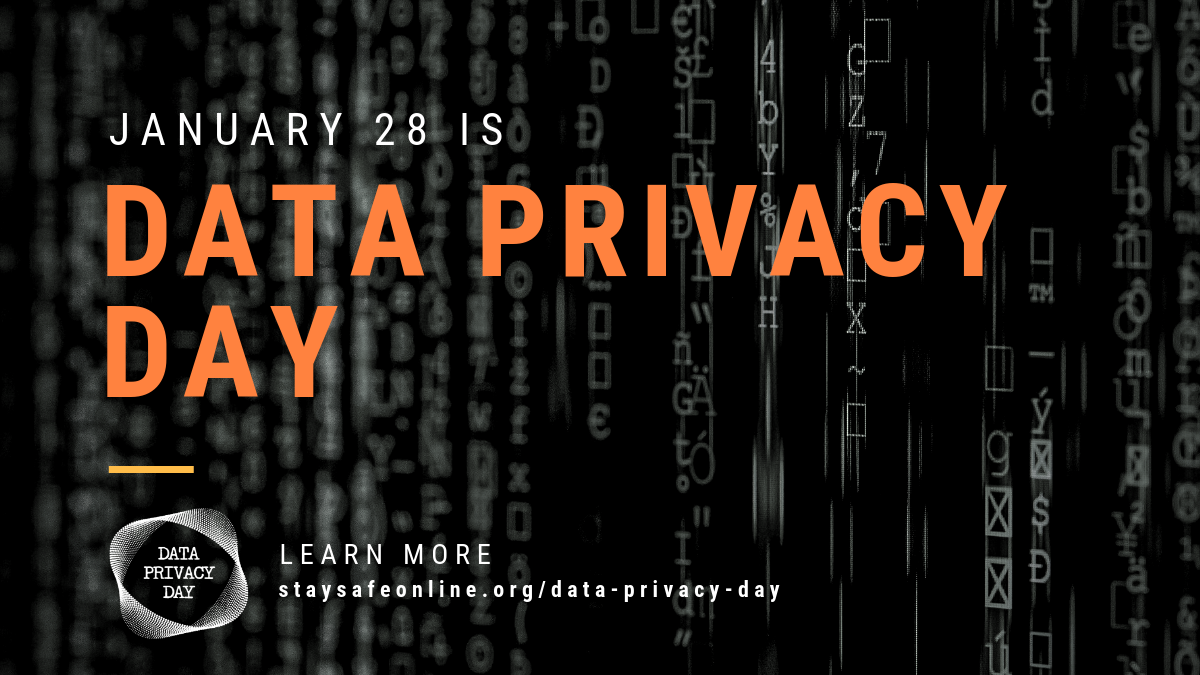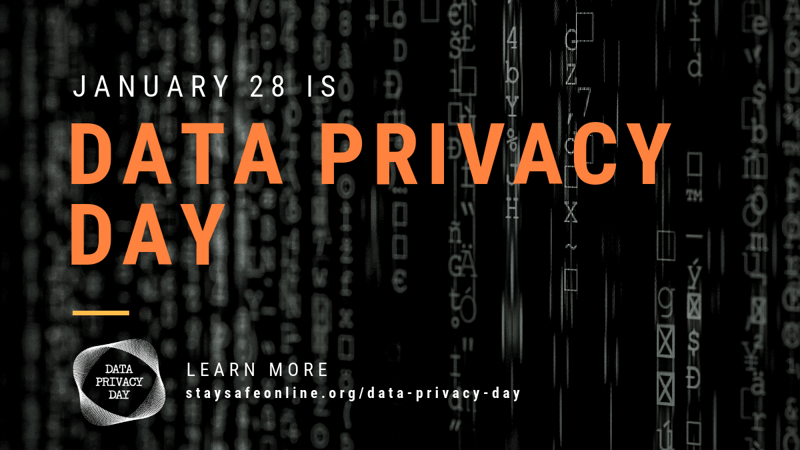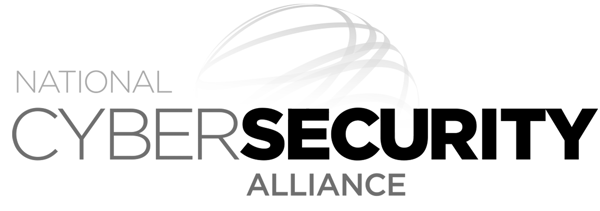Experiencing a Cybersecurity Incident? Get Help Now. | Abacus Group and Medicus IT have merged. Learn more.
Experiencing a Cybersecurity Incident? Get Help Now.
Abacus Group and Medicus IT have merged. Learn more.
Experiencing a Cybersecurity Incident? Get Help Now. | Abacus Group and Medicus IT have merged. Learn more.
Experiencing a Cybersecurity Incident? Get Help Now.
Abacus Group and Medicus IT have merged. Learn more.


Today, January 28, is officially Data Privacy / Protection Day.
Data Privacy Day began in the US and Canada in January 2008 as an extension of the Data Protection Day celebration in Europe. Data Protection Day commemorates the January 28, 1981, signing of Convention 108, the first legally binding international treaty dealing with privacy and data protection. Data Privacy Day is observed annually on January 28.
In partnership with the National Cyber Security Alliance (NCSA), Abacus Group has registered as an official Data Privacy Day Champion, showing our support and dedication for respecting privacy, safeguarding data and enabling trust. As part of our role as a Champion, we want to share some important data privacy tips and tools provided by the NCSA.

Data Privacy Day helps spread awareness about privacy and educates citizens on how to secure their personal information. It also encourages businesses to be more transparent about how they collect and use data.
Security refers to the ways we protect ourselves, our property, and personal information. It is the first level of defense against malicious attacks. Privacy is our ability to control access to our personal information.
Along these lines of security and data privacy protections, Abacus provides many features to clients to help with security and privacy. Most recently we announced our new AbacusID™ option for AbacusFLEX™ clients, providing secure single sign-on and user access management for 3rd party apps. We also encourage all clients to use our two-factor authentication solution.
These Stories on cybersecurity